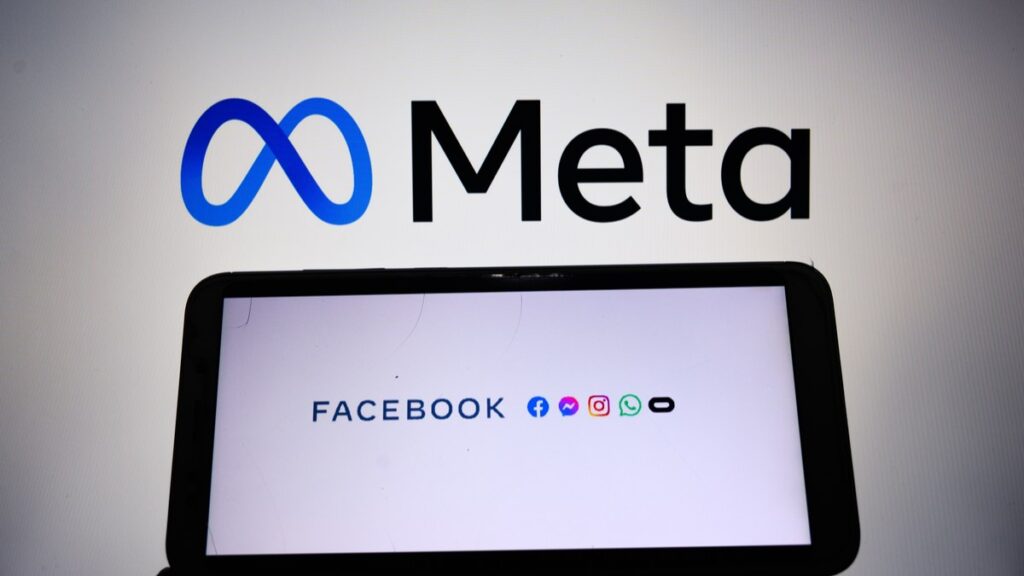After Beijing, Washington, EU unleash Big Tech regulation crusade

With the exponentially mounting tension between the U.S. and China, and each powerhouse launching its own Big Tech regulation crusade against homegrown giants, the U.S., and Europe have finally concluded how to target legion’s ever-growing supremacy.
Both continental forces have finally taken their final stance regarding American tech chiefs, with the European Union (EU) having reached on Wednesday an agreement as to what the upcoming measures should be in curbing these companies’ untamed anti-competitive practices.
The parliament’s leading political entities approved an agreement applicable to tech firms with a $91 million market capitalization as well as those offering a minimum of one internet service, such as online search and internet-based applications, according to the Financial Times.
The EU’s structured Digital Markets Act (DMA) could potentially attract a wider range of Big Tech regulation with its plans to legislate the act next year.
The European Commission’s (EC) DMA is a legislative plan developed to guarantee a heightened level of compliance from a company indulging in unusual competition in the continent’s digital market. Its sole function is to ensure that valuable companies, such as Google’s parent firm Alphabet, Meta, Apple, Amazon, Microsoft, and more, do not oppress smaller businesses by abusing their market sovereignty.

While Europe is taking what it perceives as the needed measure to impose Big Tech regulation on the company’s rising progression, the U.S. has expressed its concerns that the Union’s latest set of rules will affect American companies.
Even though the U.S. is marching on its rival’s path of moderating its tech giant’s rise to power, one thing is for sure, Washington is marching down the same road, but with distinctive approaches of that of Beijing.
China’s ruling Communist Party has intensified its political hold on the country’s internet titans since early 2020 by taking advantage of their wealth to become more reliant, therefore, reaching its awaited independence from European and American technology.
The condensed regulatory wave on anti-monopoly and data security misconducts shook the industry to its core. Chinese watchdogs launched a thorough examination into these corporations, and the outcome favorably suited the Communist Party.
The Federal Trade Commission (FTC) has been investigating Big Tech’s conduct in playing the market to their benefit for almost a year now, and its latest blade is aimed at cutting through Facebook’s antitrust demeanor.
On Wednesday, the FTC asked the federal court for its undivided authorization to permit the lawsuit it submitted against the social networking company to take place, stating that Meta has “interfered with the competitive process by targeting nascent threats through exclusionary conduct.”
The FTC’s lawsuit against Meta – Facebook at the time – was rejuvenated in August, with additional specifications added now, detailing how the tech titan has pressed its rivals to force acquisitions. The Commission’s accusations also revealed that Meta brought its competitors to judge to extort them to sell Instagram and WhatsApp.
As Washington indulges in its battle with its Big Tech titans, the FTC’s lawsuit will bring further enforcement to further enable the government’s perception of these firms and their demeanor in the market.

The federal entity’s legal actions against Meta will be marked as one of the most vital confrontations between authoritarian supremacy and the tech industry. In its filing with the District Court of Columbia, the Commission unveiled that Meta’s amplified market dominance grew its market share, resulting in an exponential surpass of the required levels to obtain monopoly control.
To further elaborate, for more than a decade, the giant’s market share transcended to 70 percent of daily active users, a number that outreaches the legal rate to prevent market monopolization. The Commission directs this growth towards Facebook preserving its monopoly position by acquiring Instagram and WhatsApp.
Meta has opposed all statements released by the FTC.
“The FTC has once again bought a monopolization case without a monopolist. It claims to ignore the reality that people have more choices than ever before in how they share, connect, and communicate, and its second complaint should be dismissed just like the First,” a Meta spokesperson addressed the lawsuit’s claims.
It appears that the anticipated judiciary battle between the tech industry’s most prominent league has finally reached its starting point. While some lawsuits have emerged in the past between U.S. federal entities and Big Tech, yet, if the court grant the FTC the approval it desires, Meta will be fighting for the perseverance of its position in the market with Instagram and WhatApp, as one of the leading giants.
Despite relabeling the company, Meta will continue to face governmental legal action for its misleading conduct in the market, as national authoritarian rage has finally reached the West.
With the EU’s recent set of rules targeting Big Tech, alongside Washington’s prospect of tackling the league’s market supremacy, the West’s adaptation of Eastern tactics to restraint these company’s sovereignty will open a new chapter of regulatory legislation soon.
